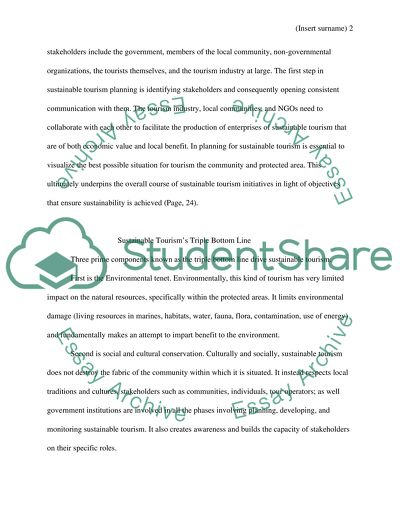Cite this document
(“Sustainable tourism Research Paper Example | Topics and Well Written Essays - 1250 words”, n.d.)
Retrieved from https://studentshare.org/tourism/1469310-sustainable-tourism
Retrieved from https://studentshare.org/tourism/1469310-sustainable-tourism
(Sustainable Tourism Research Paper Example | Topics and Well Written Essays - 1250 Words)
https://studentshare.org/tourism/1469310-sustainable-tourism.
https://studentshare.org/tourism/1469310-sustainable-tourism.
“Sustainable Tourism Research Paper Example | Topics and Well Written Essays - 1250 Words”, n.d. https://studentshare.org/tourism/1469310-sustainable-tourism.


